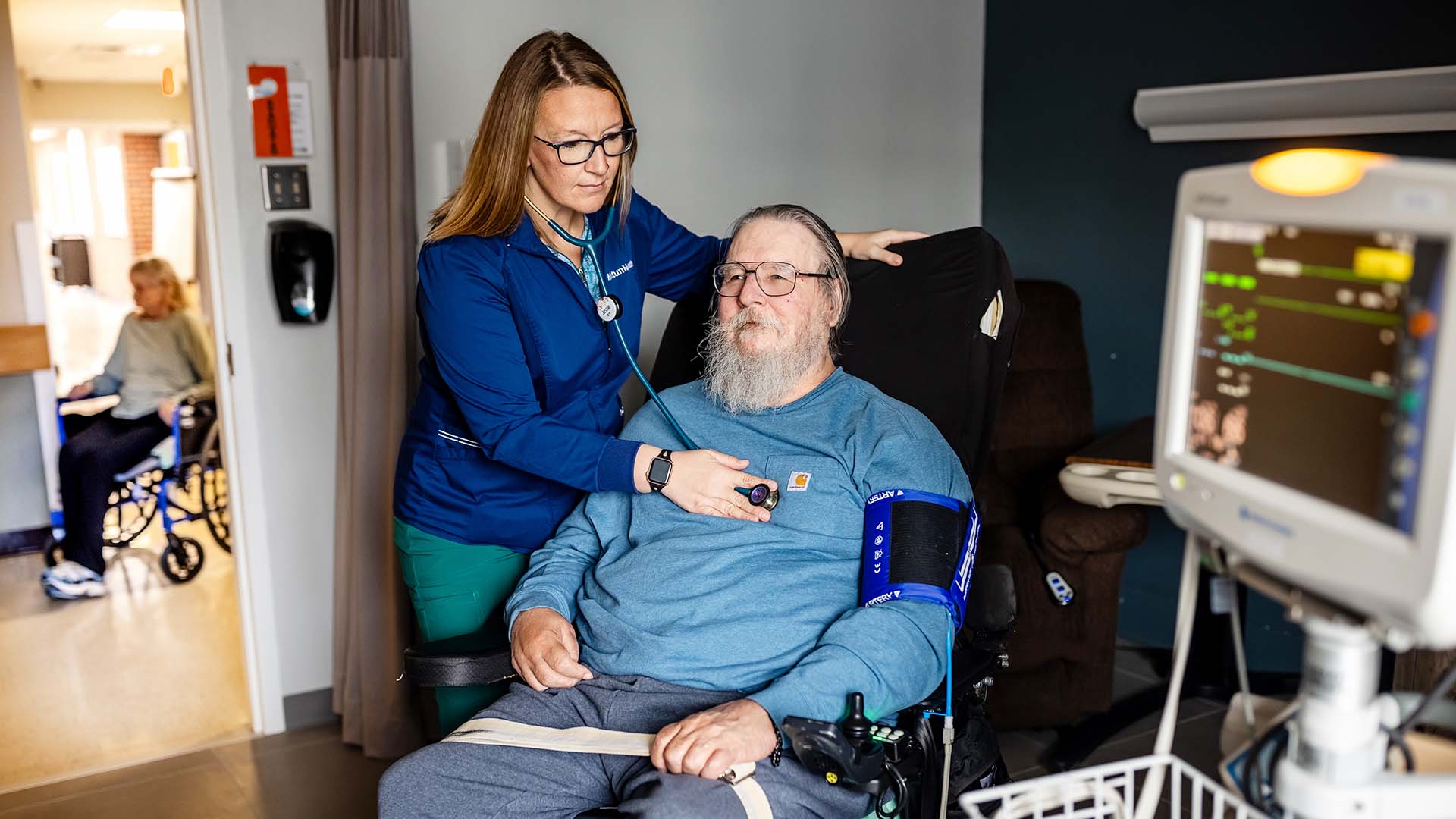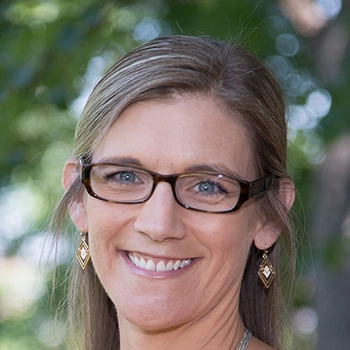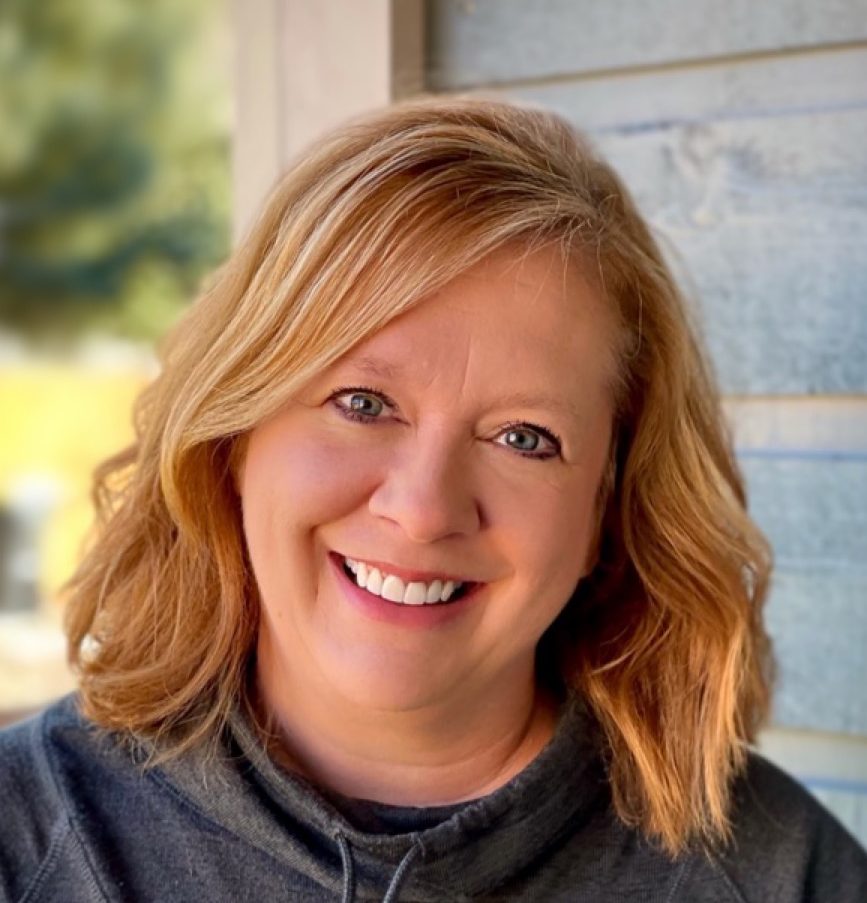Tech startup has prescription for ailing health care workforce pipeline
MSU Denver graduates build a platform that fills much needed front-line roles in patient care.

Kayla Wright-Jackson had moved to Atlanta to lead human resources at a home-health organization when she recognized a disconnect: Employers were having a hard time recruiting and retaining certified nursing assistants, or CNAs.
“One person ends up taking care of more than twice as many people as they should,” said the 2019 Metropolitan State University of Denver Master of Health Administration graduate. “The equation was simple: People are overworked and underpaid. That’s a recipe for burnout.”
So Wright-Jackson founded Transition, a tech platform built to bridge the gap between vocational training and employment opportunities and help fill entry-level front-line roles — such as CNAs and medical assistants — who are responsible for 85% of direct patient care.
“These health care-training providers produce over 70% of the health care workforce but are overlooked,” Wright-Jackson said. “Without the right tools and resources, it is challenging to reach future talent from the start.”
RELATED: Our nurse supply is running out
Current health care vocational programs run three to eight weeks from start to finish. As a platform for recruiters, Transition fills a critical role by helping organizations partner with top training providers to recruit their students and provide sponsorship opportunities. Training providers are often in areas without the infrastructure to directly support students with financial assistance and employment opportunities.
“We want to be able to put candidates in roles where they can grow with their employers for a longer-term solution,” Wright-Jackson said.
This element is critical to fight burnout and turnover, as CNAs are often in transitory positions that can lead to jobs as Registered Nurses, nurse practitioners and others.
It’s a logistics question — but more than simple dot-connecting, it requires a nuanced understanding of operations and organizational culture. Which is why Wright-Jackson tapped fellow MSU Denver classmate Katrina Chaffin to become Transition’s chief operating officer.
“I saw firsthand how the workforce was impacted by the Covid-19 pandemic, exacerbating this lack of support for students into the field,” Chaffin said. “It was a great opportunity to reconnect (with Wright-Jackson) for such a great mission.”

Chaffin, an affiliate faculty member in MSU Denver’s Department of Health Professions (which is celebrating 50 years of the Health Care Management program), also noted the fast-paced growth of Transition.
Since launching in 2021, the company has helped more than 1,300 students from 27 training schools and 62 employers across Georgia, Texas, Colorado and Missouri, with plans to expand to the more than 12,000 training schools nationwide.
Transition was also accepted into the Jumpstart Foundry group for early-stage health care startups. Further accolades include participating in the Google for Startups Black Founders Fund, the Techstars Workforce Development Accelerator and Codefi’s 1ST50K and winning the Center on Rural Innovation pitch competition.
Along with co-founder Corey Shaw, Transition’s chief technology officer, the team members face a daunting task of providing care to rural communities and 71 million aging baby boomers at already short-staffed facilities. But MSU Denver students are resilient. If there’s not a clear path to change, they’ll make one.
Wright-Jackson noted Erin Seedorf’s Public Health class as particularly beneficial, specifically highlighting how facility operations and employee satisfaction contribute to positive patient-care outcomes.
“That hit home,” Wright-Jackson said. “I had a personal experience of my grandpa passing away from not getting the home care he needed. It’s been my ‘why’ behind starting Transition. And if we can help fill the in-demand workforce pipelines, it’s a great start.”







